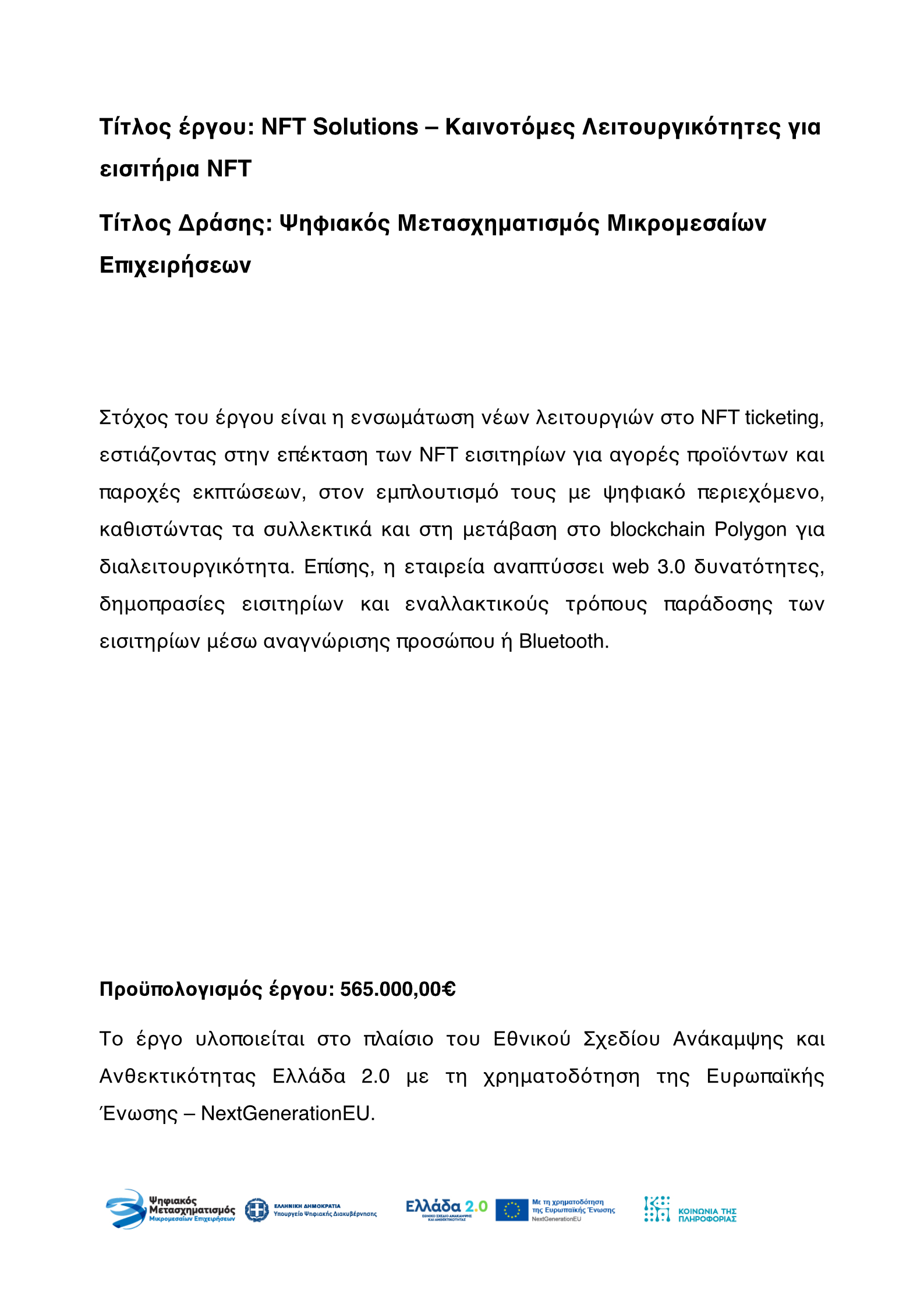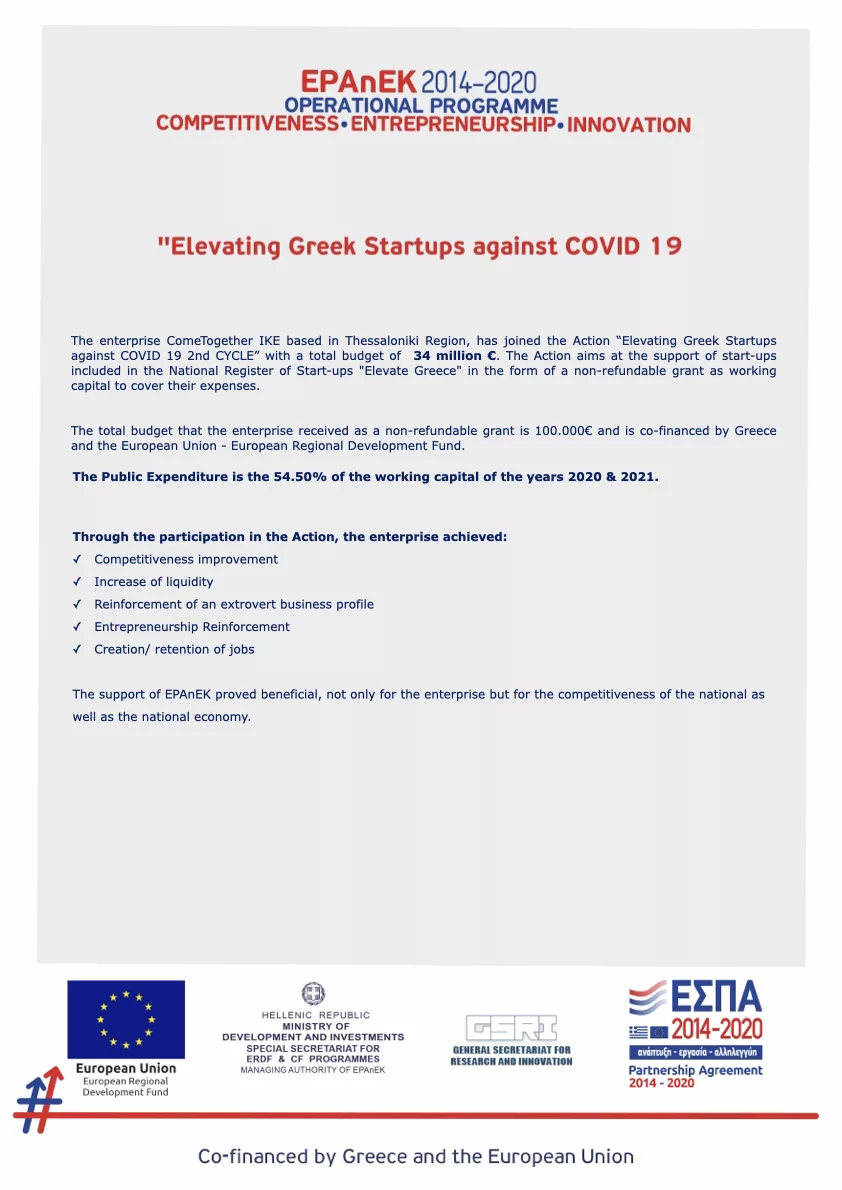In recent years, Non-Fungible Tokens (NFTs) have rapidly expanded beyond the realms of digital art and collectibles to revolutionize industries, including event ticketing. As blockchain technology matures, NFT-based ticketing has emerged as a promising solution to longstanding challenges in the ticketing industry. It offers unique advantages that make it particularly suitable for large-scale events, ranging from concerts and festivals to sports matches and conferences.
NFT Ticketing: The Future of Scalable Event Ticketing
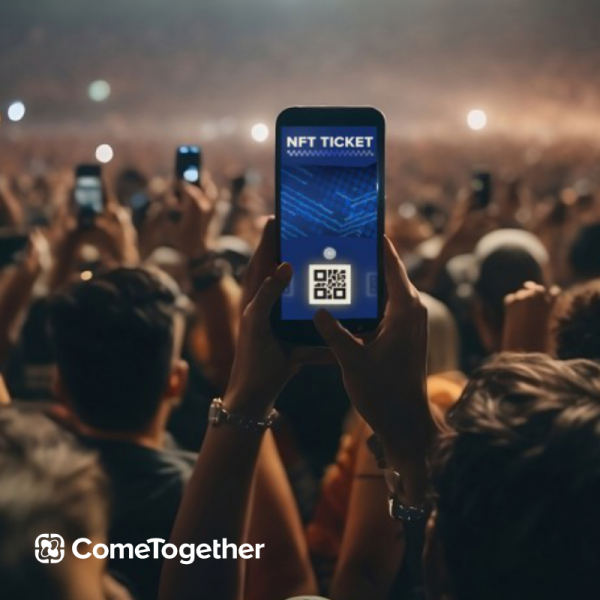
Table of Contents
– Overview of NFT ticketing and its rise in popularity
The Traditional Ticketing Dilemma
– Challenges faced by traditional ticketing systems
– Issues of fraud, scalping, and lack of transparency
– Explanation of NFTs and their application in event ticketing
– The process of minting and purchasing NFT tickets
– Security and Transparency
– Elimination of Scalping and Fraud
– Enhanced Attendee Experience
– Scalability for Large Events
– Post-Event Utility
The Traditional Ticketing Dilemma
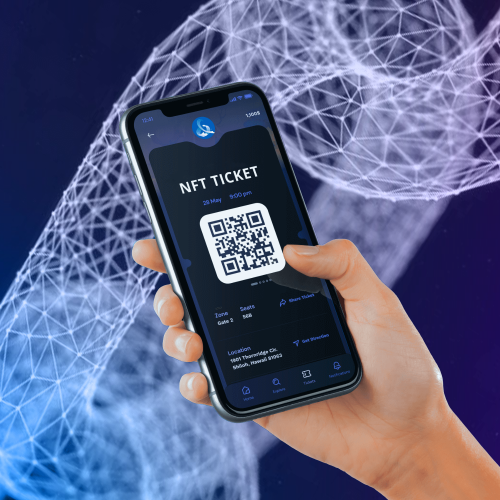
Traditional ticketing systems, often plagued by inefficiencies, fraud, and lack of transparency, struggle to keep pace with the growing demands of event organizers and attendees. Scalpers and counterfeiters pose a constant threat, inflating prices and creating a negative experience for fans. On top of this, centralized ticketing platforms often have control over ticket resale, leaving fans without the flexibility to transfer or resell their tickets easily.
For event organizers, managing large-scale ticketing for events can be costly and complex, requiring robust infrastructure and security to handle demand spikes during high-profile events. Ticketing fraud, ticket duplication, and logistical challenges only exacerbate these problems. Enter NFT ticketing, which is poised to address these concerns in a way that scales.
How NFT Ticketing Works
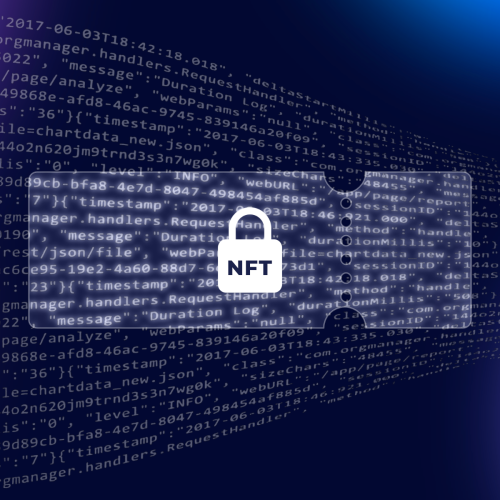
NFTs are unique digital assets stored on a blockchain, which ensures their provenance, authenticity, and immutability. When applied to ticketing, NFTs can replace traditional tickets with digital versions that are tied to the buyer’s identity and stored on the blockchain.
An event organizer can mint a specific number of NFT tickets, each corresponding to a unique entry to the event. These NFT tickets are then sold directly to attendees through a decentralized marketplace or platform, removing intermediaries and reducing fees. Once purchased, the ticket is stored in the buyer’s digital wallet, accessible via their smartphone, eliminating the need for physical tickets.
Key Benefits of NFT Ticketing
Security and Transparency: Blockchain technology ensures that each NFT ticket is authentic and impossible to counterfeit. Event organizers and attendees can track the history of the ticket, verifying its authenticity and ownership throughout its lifecycle.
Elimination of Scalping and Fraud: NFT tickets can include smart contracts that regulate the terms of resale, ensuring that secondary market prices are capped or restricted to specific platforms. This curbs ticket scalping and ensures a fairer market for genuine fans.
Enhanced Attendee Experience: NFT ticketing allows for greater flexibility in ticket transfers and resales. Attendees can sell or gift their tickets easily without involving third parties. Additionally, event organizers can embed perks, such as exclusive content, memorabilia, or rewards, directly into the ticket itself, enhancing fan engagement.
Scalability for Large Events: Unlike traditional systems that require expensive infrastructure to handle spikes in demand, NFT-based platforms scale effortlessly as demand increases. Blockchain’s decentralized nature distributes the load, ensuring that transactions remain fast and cost-efficient, even during peak ticket sales.
Post-Event Utility: NFT tickets can serve as digital memorabilia after the event. They can be designed with unique artwork or digital content, becoming collector’s items that retain value long after the event has concluded.
As the NFT space matures, more industries are recognizing the advantages of decentralized technology. For event organizers, NFT ticketing offers a future-proof solution that improves security, enhances the fan experience, and scales seamlessly to accommodate larger crowds.
However, adoption remains a challenge, as blockchain knowledge among the general public is still limited. Yet, as platforms become more user-friendly and awareness grows, NFT ticketing is likely to become the standard for large-scale events. With its unparalleled benefits, it is not just a passing trend—it represents the future of scalable event ticketing.
FAQs
What are NFT tickets?
NFT (Non-Fungible Token) tickets are unique digital assets stored on a blockchain that serve as a replacement for traditional event tickets. Each NFT ticket is tied to a specific event and a unique attendee, making it impossible to counterfeit. These tickets are stored in a buyer’s digital wallet and can be accessed via a smartphone.
How is NFT ticketing different from traditional ticketing?
Traditional ticketing relies on physical or digital tickets that can be copied or scalped. In contrast, NFT tickets are stored on a blockchain, ensuring authenticity and eliminating the risk of duplication or fraud. NFT tickets also offer greater flexibility in terms of resale and ownership transfer, providing more security and transparency than traditional methods.
What are the benefits of using NFT ticketing for large-scale events?
NFT ticketing offers several key benefits for large events:
- Security: Prevents ticket counterfeiting and ensures authenticity
- Transparency: Blockchain allows real-time tracking of ticket ownership
- Anti-scalping: Smart contracts can enforce rules to limit resale prices
- Scalability: Blockchain platforms scale efficiently, handling demand spikes during major ticket sales
- Enhanced Experience: NFT tickets can come with perks like exclusive digital content or memorabilia
How does NFT ticketing prevent ticket scalping and fraud?
NFT tickets can include smart contracts that govern how and where they can be resold. Event organizers can set conditions such as price caps or restrictions to specific resale platforms. This ensures tickets remain in the hands of genuine buyers and helps prevent inflated prices caused by scalpers.
Can I resell or transfer my NFT ticket?
Yes, NFT tickets offer flexibility for resale or transfer. Since ownership is tracked on the blockchain, you can resell or gift your ticket to someone else, and the transaction will be transparent and secure. This removes the need for third-party ticket brokers and allows easier transfers between users.
What happens to my NFT ticket after the event?
After the event, your NFT ticket can serve as a digital collectible. Event organizers may include special digital memorabilia, such as unique artwork or rewards, embedded in the ticket, making it a valuable keepsake long after the event.
How do NFT tickets enhance the fan experience?
NFT tickets can come with built-in perks such as exclusive digital content, access to behind-the-scenes material, or limited-edition memorabilia. This adds a new layer of value and engagement for attendees beyond just entry to the event, making the overall experience more immersive and personalized.
Will NFT ticketing become the standard for events?
While NFT ticketing is still emerging, it is gaining popularity due to its security, flexibility, and scalability. As more people become familiar with blockchain technology and its benefits, NFT ticketing is expected to become a widely adopted solution, especially for large-scale events.

